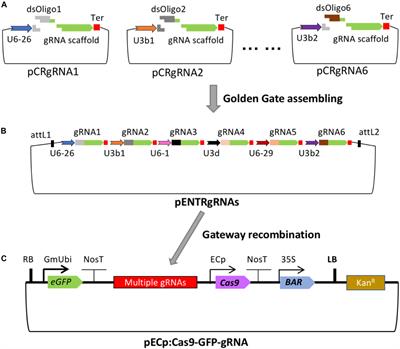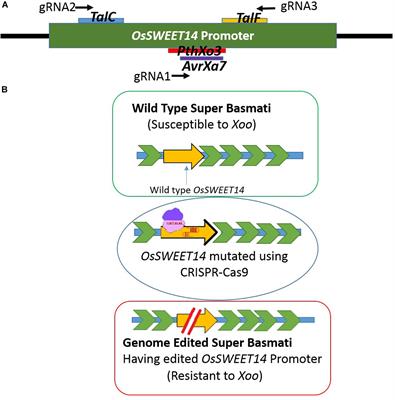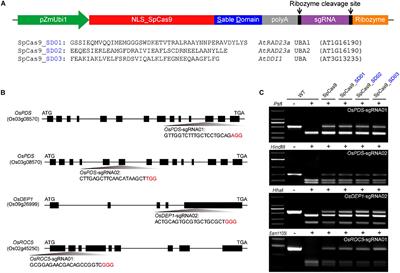EDITORIAL
Published on 26 Mar 2021
Editorial: CRISPR-Cas in Agriculture: Opportunities and Challenges
doi 10.3389/fpls.2021.672329
- 14,835 views
- 18 citations
43k
Total downloads
280k
Total views and downloads
EDITORIAL
Published on 26 Mar 2021
REVIEW
Published on 02 Nov 2020

ORIGINAL RESEARCH
Published on 22 Oct 2020

ORIGINAL RESEARCH
Published on 05 Aug 2020

ORIGINAL RESEARCH
Published on 08 Jul 2020

ORIGINAL RESEARCH
Published on 16 Jun 2020

ORIGINAL RESEARCH
Published on 12 Jun 2020

ORIGINAL RESEARCH
Published on 21 May 2020

ORIGINAL RESEARCH
Published on 05 May 2020

REVIEW
Published on 13 Feb 2020

ORIGINAL RESEARCH
Published on 04 Feb 2020
ORIGINAL RESEARCH
Published on 09 Jan 2020